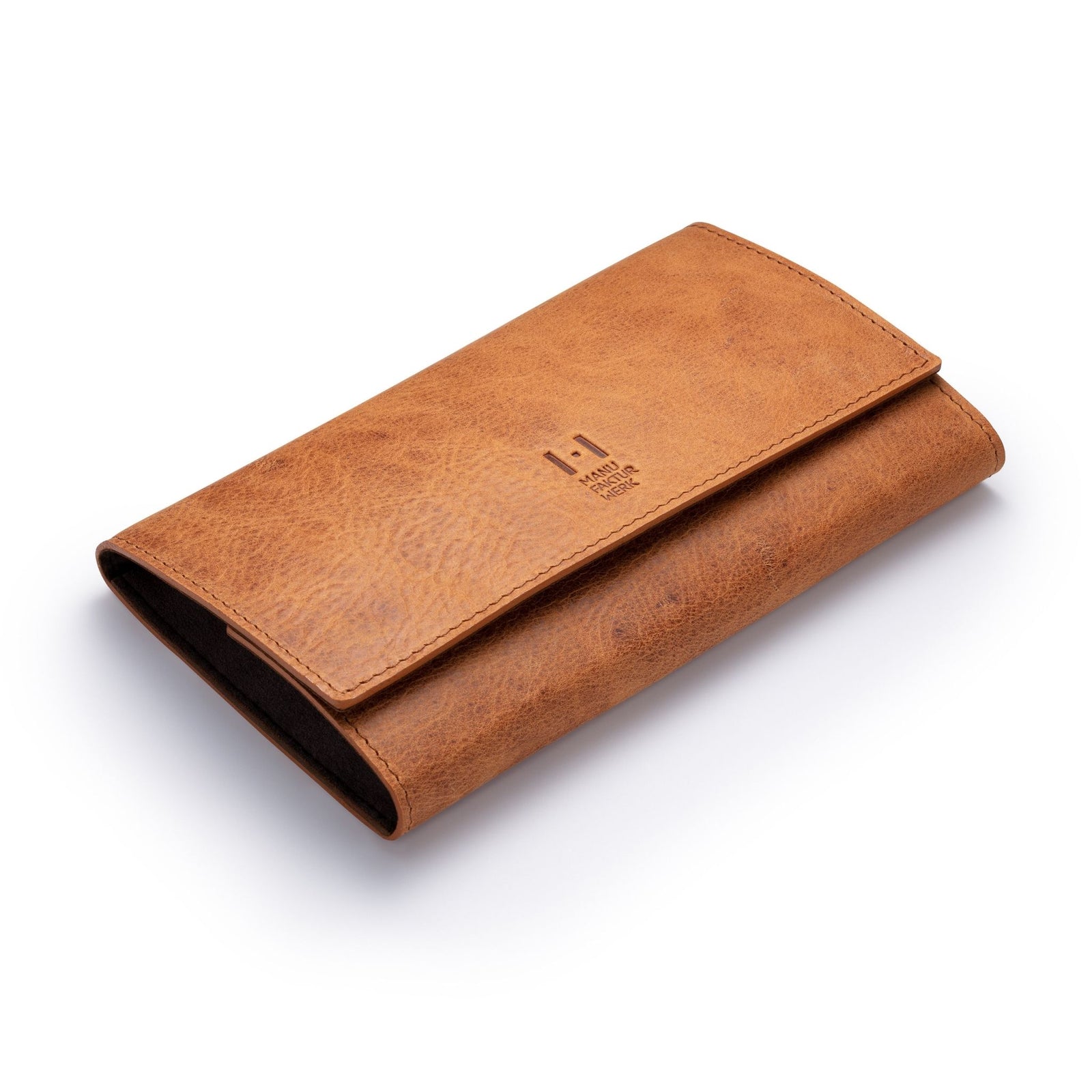The first watches with a stop function from the Geneva manufacturer Rolex were simply called “chronographs”. The price: A little more than $200. The first reference 6234 was built between 1955 and 1961, and around 500 watches of this type leave Rolex's production line every year. The chronographs are not granted any particular success - the watches are becoming true grandfather clocks among dealers. Today, the Pre-Daytona models are sought after and rare - 20,000 euros is just an entry-level price for one of the rare models with a silver or black dial in a stainless steel case.
Le Mans instead of Daytona.
Timekeeping and racing are closely related in the 1960s, Rolex applies to timekeeping for various races. The 24-hour races enjoy special status. In 1964, Rolex management is sure to become timekeeper for the Le Mans race - the deal does not go through, but a chronograph with the name is already planned. In 1965, Rolex's first chronograph was given the name Cosmograph, and in the same year Daytona also officially appeared as a name. The watch is awarded as a prize in the 24-hour race there. The tachymeter scale on the engraved stainless steel bezel makes it possible to determine the average speed.
The reference 6239 is also the namesake of a specific version of his Rolex Daytona: Paul Newman. The American actor with steel blue eyes also races, successfully and quickly. At his peak, he has his own racing team and has carried a Rolex Daytona on his arm since the late 1960s. For collectors, a genuine Newman Daytona is a winning lottery ticket: such a watch can fetch up to 150,000 euros or more at auction. There are striking differences – not every old Daytona is a Paul Newman. The original Newman watch has a white dial with black chronograph totalizers, a red printed scale for the stopping seconds and an engraved steel tachymeter bezel. The increase in value is enormous with this particular model.
The Phillips auction house in New York achieved an absolute record price of 17,752,500 US dollars for a watch owned by Paul Newman. That's the equivalent of 15 million euros. Newman’s wife had the “DRIVE CAREFULLY – ME” engraved on the floor made.
Valjoux 72
The Valjoux caliber 72 is used in various stages to drive all classic hand-wound Daytona models; it was not until 1988 that Rolex made the Cosmograph Daytona an automatic watch. El Primero from Zenith was chosen as the drive, which remains a milestone in chronograph history to this day. However, at 36,000 A/h it is a bit too temperamental and is revised accordingly at Rolex and given the caliber number Caliber 4030. Reducing the frequency to 28,800 A/h ensures longer power duration and also longer service intervals - there is no loss in accuracy .
A separate work for the Daytona
With the new millennium, Rolex is setting new standards and developing its own movement for the Cosmograph Daytona. The caliber 4130 has 44 jewels, 72 hours of power autonomy and the typical Rolex Kif shock protection for the balance wheel and escape wheel. The new movement is barely visible on the outside: the case is the same as its predecessor, only the dial has changed. While the Daytona with Zenith movement still had the small seconds at nine o'clock, Rolex's own caliber has the running seconds at six o'clock. In addition, the hand axes of the minute and hour stoppers are located outside the central axis in the upper area of the dial. Only one watch on the market has this layout: The Rolex Daytona Cosmograph.
In 2015, Rolex introduced the new “superlative chronometer” certification. The new standard goes beyond the COSC chronometer test and also certifies that the watch has undergone strict Rolex tests on the fully assembled watch.
At Baselworld 2016, Rolex introduced two new stainless steel versions with black Cerachrom monobloc bezels. This black ceramic bezel is intended to be reminiscent of the 1965 model, which also had a black bezel. In 2017, Rolex introduced the Daytona in yellow, white and Everose gold. The classic is now also available on an Oysterflex bracelet. Rolex knows what legends live by: the perfection of a myth.















